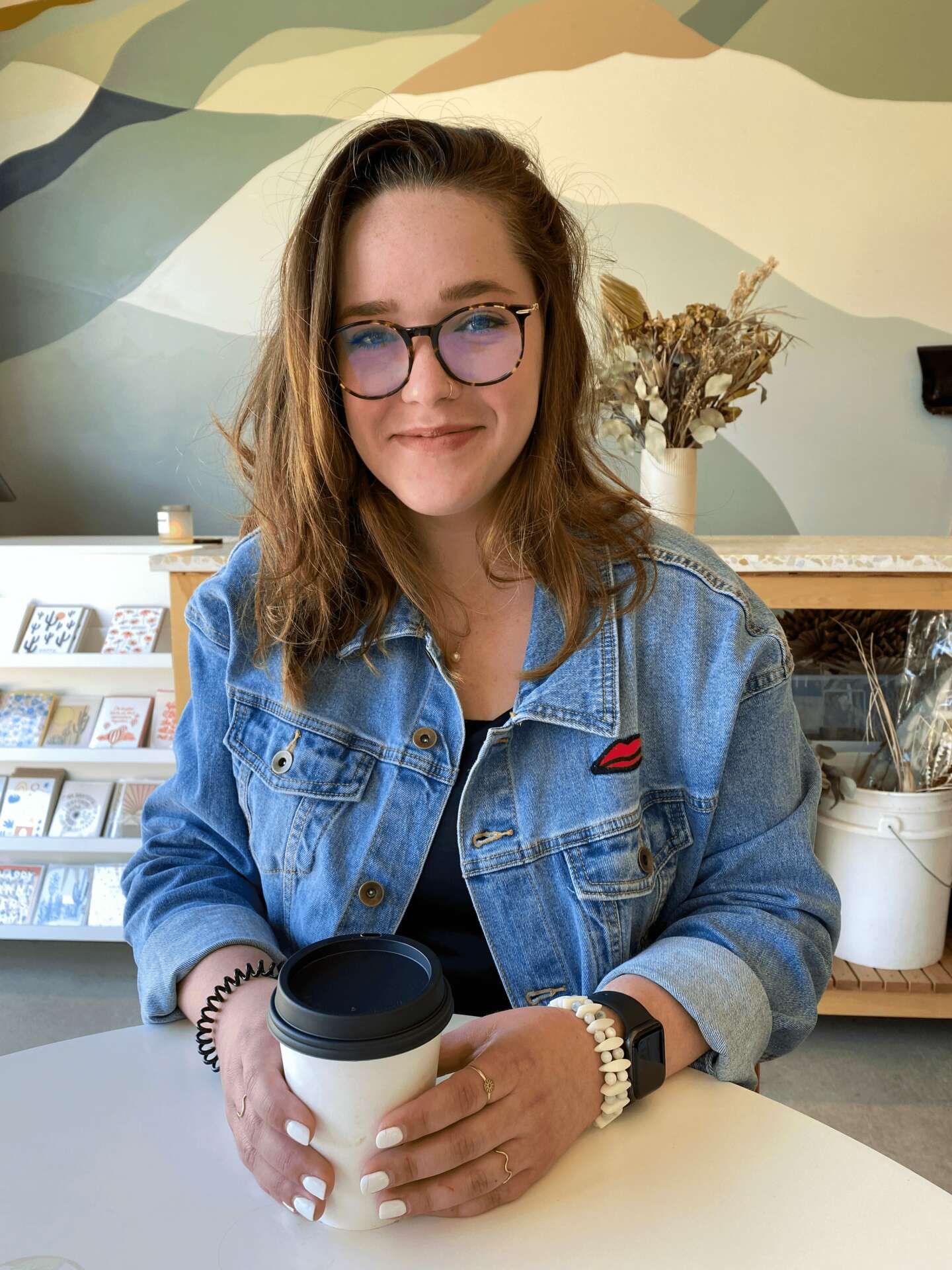We’re excited to introduce you to the always interesting and insightful Victoria Leon. We hope you’ll enjoy our conversation with Victoria below.
Alright, Victoria thanks for taking the time to share your stories and insights with us today. We’re complete cheeseballs and so we love asking folks to share the most heartwarming moment from their career – do you have a touching moment you can share with us?
As a therapist, I believe that we heal in relationships and as such it’s so important to be to be able to show up authentically. Especially in my work with the eating disorder, neurodivergent, and religious trauma communities, sharing my lived experience alongside my professional knowledge has been vital in helping my clients feel seen and less alone.
Being open about my identity as a lived-experience therapist has led to many beautiful conversations with those who are struggling. One such moment occurred during an individual session with a client. I typically avoid using diagnoses as they can sometimes be harmful, but in this particular case, it felt appropriate. After explaining my reasoning for the diagnosis, what it means, and sharing that I have lived experience with the same diagnosis, the client expressed relief. They remarked how comforting it was to know they weren’t crazy, they weren’t alone, and that someone truly understood their experience for the first time. Holding space for someone to feel seen and heard, and witnessing that “aha” moment, is something I deeply cherish.
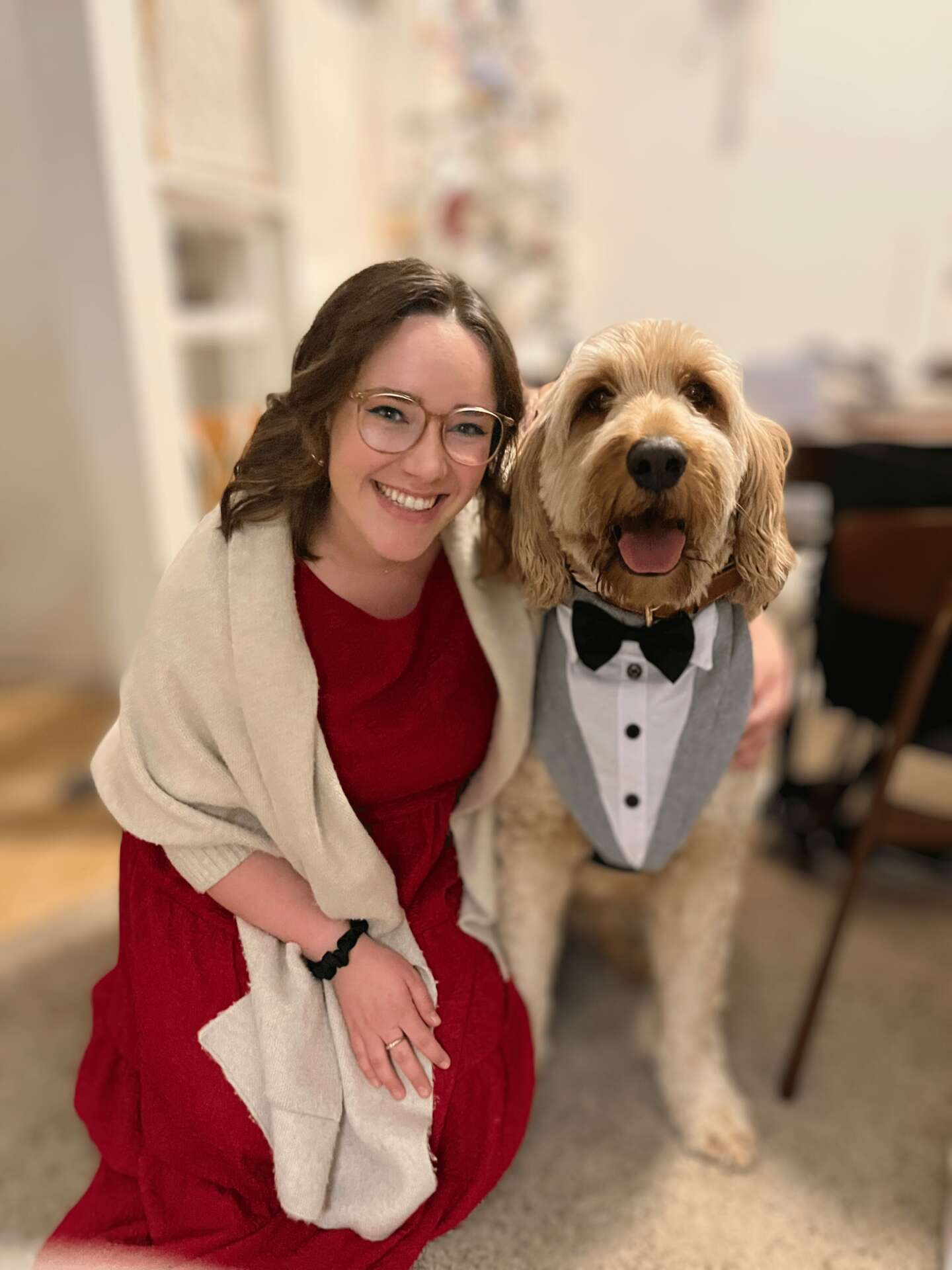
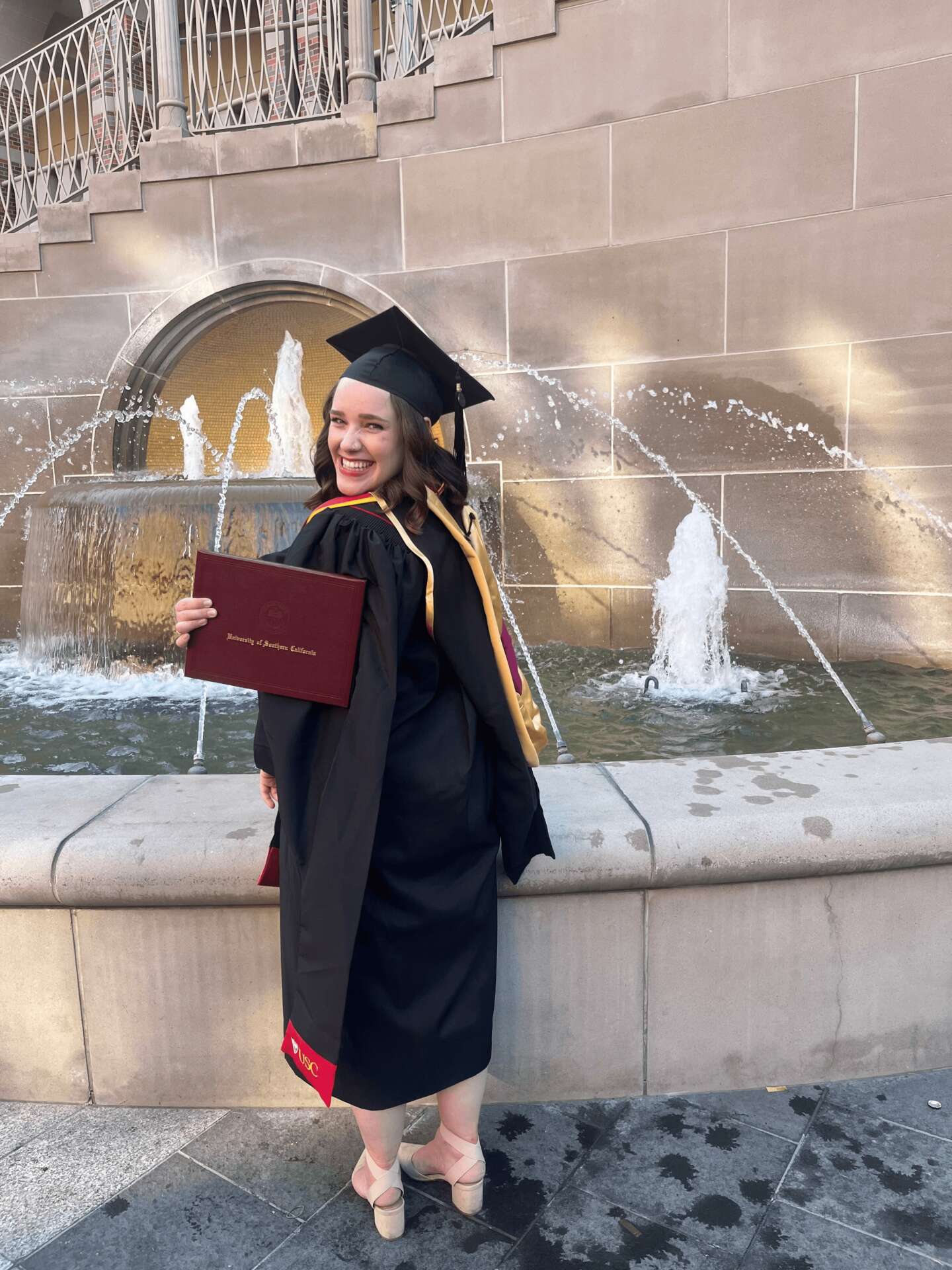
Great, appreciate you sharing that with us. Before we ask you to share more of your insights, can you take a moment to introduce yourself and how you got to where you are today to our readers.
I work as a therapist with individuals, families, and groups in private practice as well as provide consultation and education. My specialization lies at the intersection of eating disorders and religious trauma, primarily supporting queer and neurodivergent folks within those communities. I am passionate about providing a brave, non-judgmental space where people can explore their stories, reflect, reclaim agency over their lives, and implement strategies that align with their unique strengths and goals. I believe you are the expert on your life and story, and those who work with me will often hear me encouraging them to trust themselves more deeply.
As a queer, dynamically disabled, and neurodivergent individual, I draw from my lived experience with eating disorder recovery and religious trauma healing to guide my work. I believe that healing occurs in relationships, so it is essential for me to show up authentically. I am an abolitionist and work from an anti-carceral framework and social justice lens because therapy is inherently political.
In the realm of eating disorders, I often work with individuals who have been harmed by previous treatment experiences. These experiences are nuanced, but a common trend is that many leave treatment feeling they can’t trust themselves, need to ask for permission, follow rigid rules, and require constant oversight to ensure they’re “doing it right.” This is unsustainable, leading many to cycle through multiple treatment centers, searching for the “one right answer” to achieve an unrealistic vision of recovery. This vision, promising happiness, symptom-free living, and a problem-free existence, often ignores the real systems of oppression and barriers marginalized individuals face.
In my work, I emphasize the importance of conceptualizing what recovery means to the individual. Recovery is most healing, liberating, and sustainable when we define it for ourselves. I see myself as a comrade on this journey, supporting clients in finding their unique path. For some, this means abstinence from symptoms; for others, it involves harm reduction or a combination of approaches. Everyone has the right to trust their inner knowing and decide what is right for them as they move forward.
Rather than relying on rigid rules, coercion, contracts, and threats, I prioritize consent in treatment. I always offer space for clients to opt into all aspects of our work together, rather than mandating what care looks like or imposing my ideas. I believe in helping folks listen to their inner knowing and learning to trust themselves more deeply.
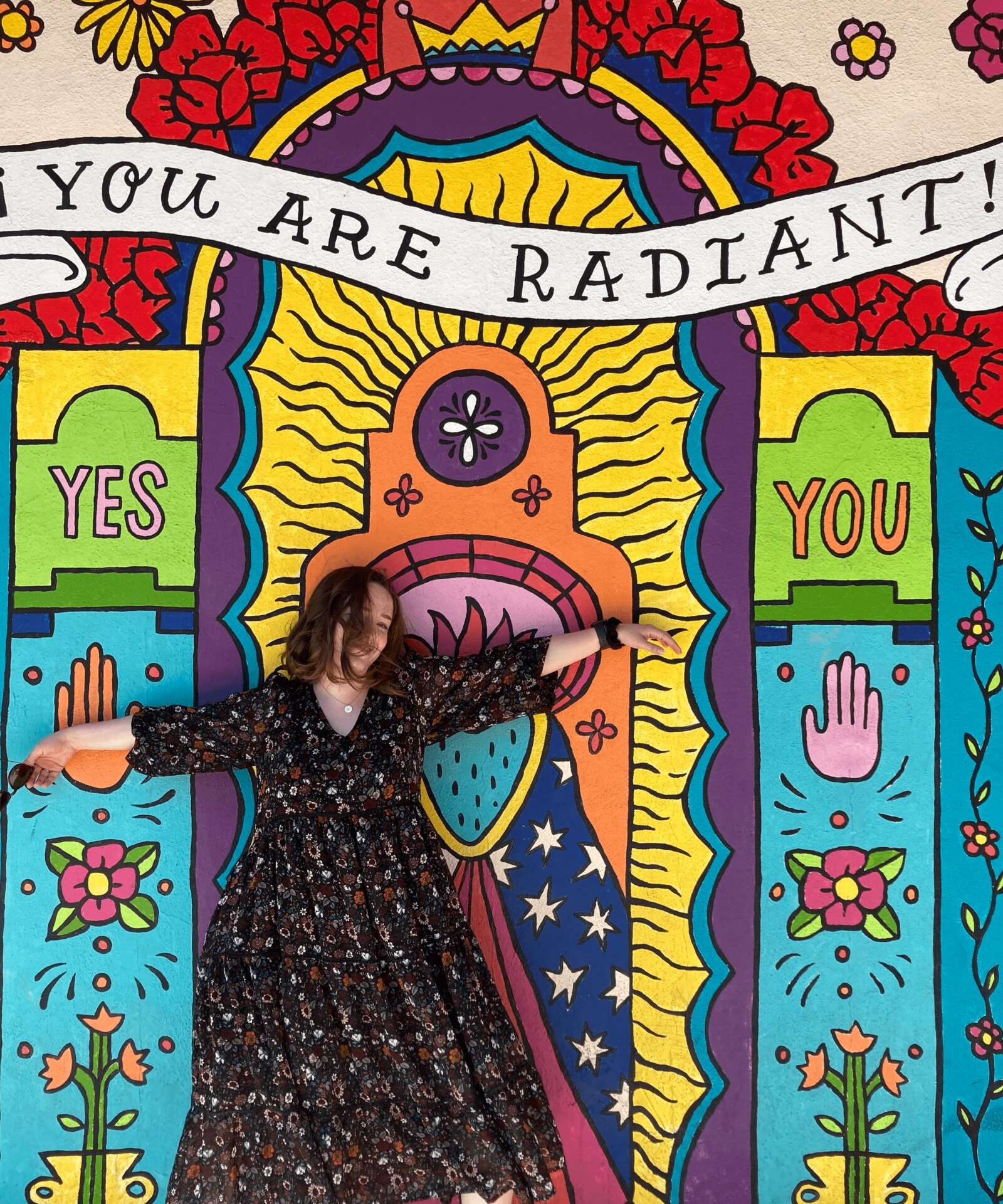
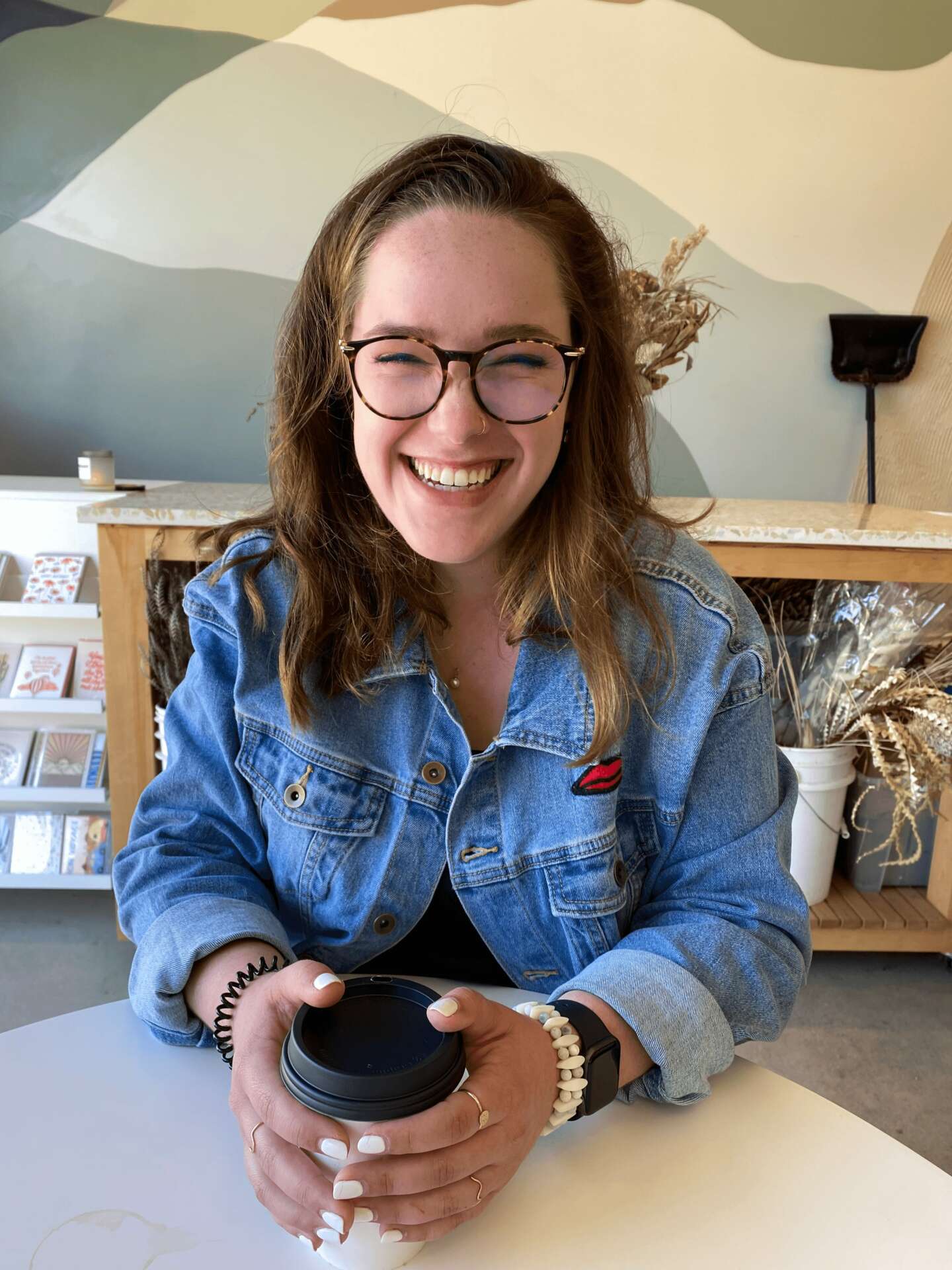
We often hear about learning lessons – but just as important is unlearning lessons. Have you ever had to unlearn a lesson?
A significant lesson I had to unlearn was the traditional approach to eating disorder treatment, which often mirrors the prison system, placing the therapist as the ultimate authority over the person’s life. This realization became clear to me as I began my work as a therapist, having experienced eating disorder treatment myself. The practices I observed and endured were often carceral, emphasizing control, rigid rules, and undermining personal agency.
In my own treatment, I felt stripped of autonomy, constantly monitored, and compelled to follow strict protocols, often without room for my voice, needs, or personal experience. This environment, intended to foster recovery, instead reinforced a sense of powerlessness and dependency. As I moved into outpatient care and began processing my experiences in treatment, I soon recognized the harm in these practices. Clients emerged from treatment feeling they couldn’t trust themselves, needing external validation and permission to navigate their recovery. It was a painful reflection of the very systems of oppression that marginalized individuals face daily and often contribute to the eating disorder in the first place.
As I transitioned into my role as an eating disorder therapist, I had to be very intentional about rejecting these methods. Unlearning these carceral practices and adopting a liberation-focused, consent-driven approach has been transformative. It allows me to provide care that respects and honors the client’s voice and experience, fostering genuine healing and resilience. This journey has reinforced my belief that true recovery is rooted in liberation, not control, and that as therapists, we must be comrades in this process, not wardens.

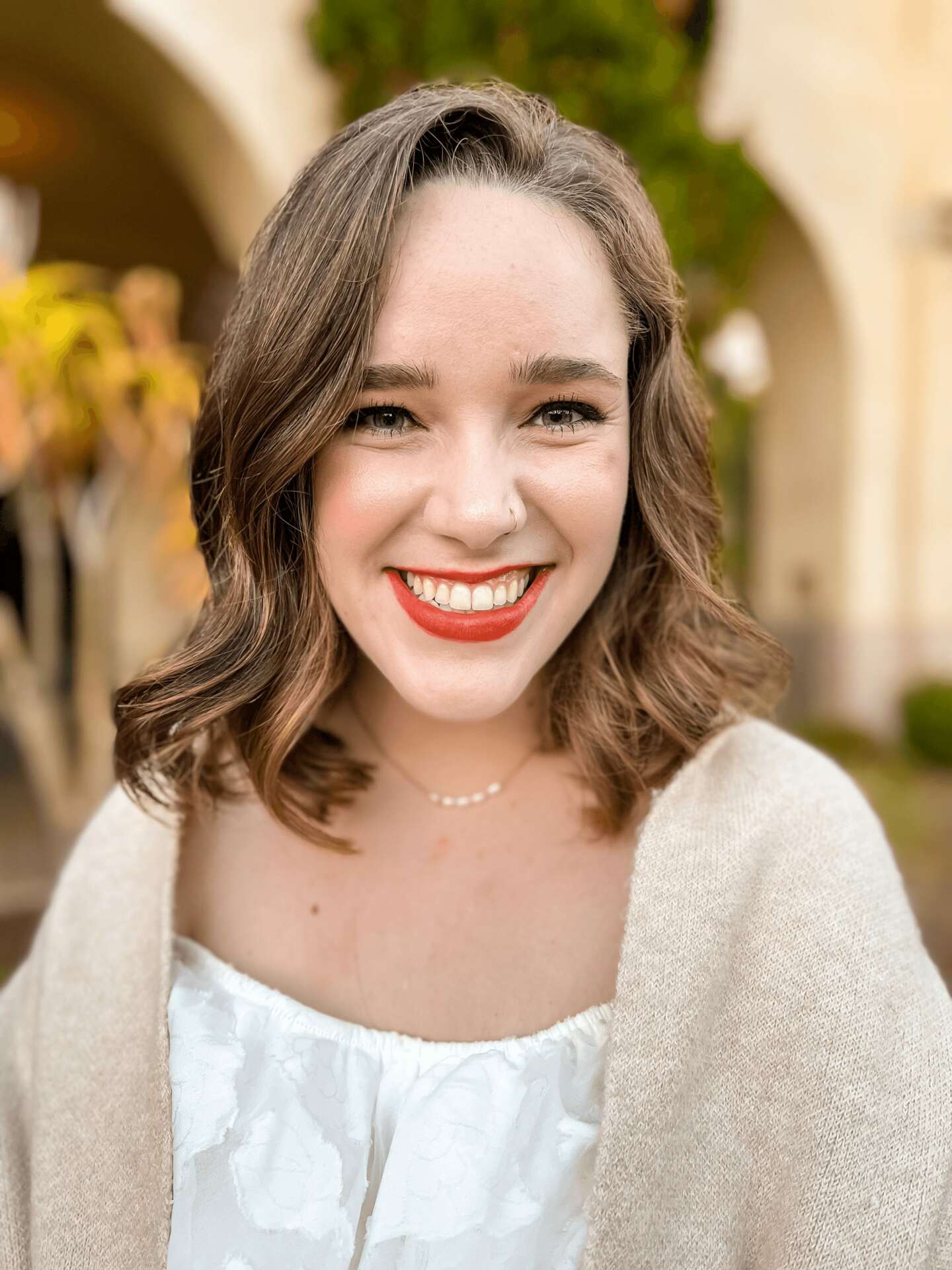
Putting training and knowledge aside, what else do you think really matters in terms of succeeding in your field?
In grad school, therapists are often taught to be a blank slate and to avoid self-disclosure. However, the field is increasingly recognizing the importance of therapists using their lived experiences and showing up as real people with their clients.
Building a strong, authentic relationship with clients is one of the most crucial factors for success as a therapist. Research consistently shows that the therapeutic relationship is the most significant predictor of positive outcomes in therapy. Studies indicate that the quality of the client-therapist relationship accounts for about 30% of therapeutic outcomes, making it more significant than any specific technique or intervention.
My colleague, Dr. Jennie Wang-Hall, emphasizes that the most important thing a therapist can be is real. Therapists often focus on finding the perfect modalities, measuring outcomes, and developing comprehensive treatment plans. While these aspects are important, they are not what lead to real growth and healing. Genuine connection and understanding can only happen when therapists show up in the relationship as their authentic selves.
Contact Info:
- Website: https://victoriarleon.com
- Instagram: @victoriarleon
- Linkedin: https://linkedin.com/in/victoriarleon




